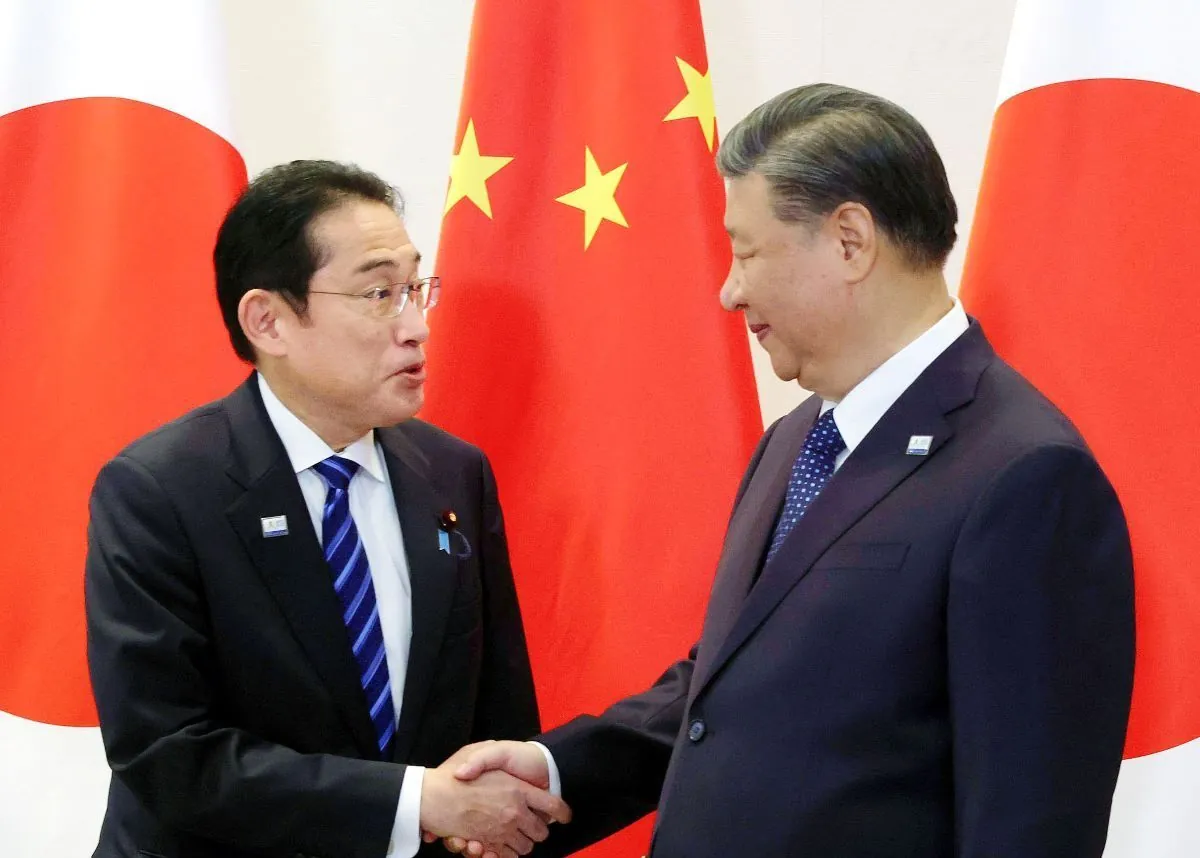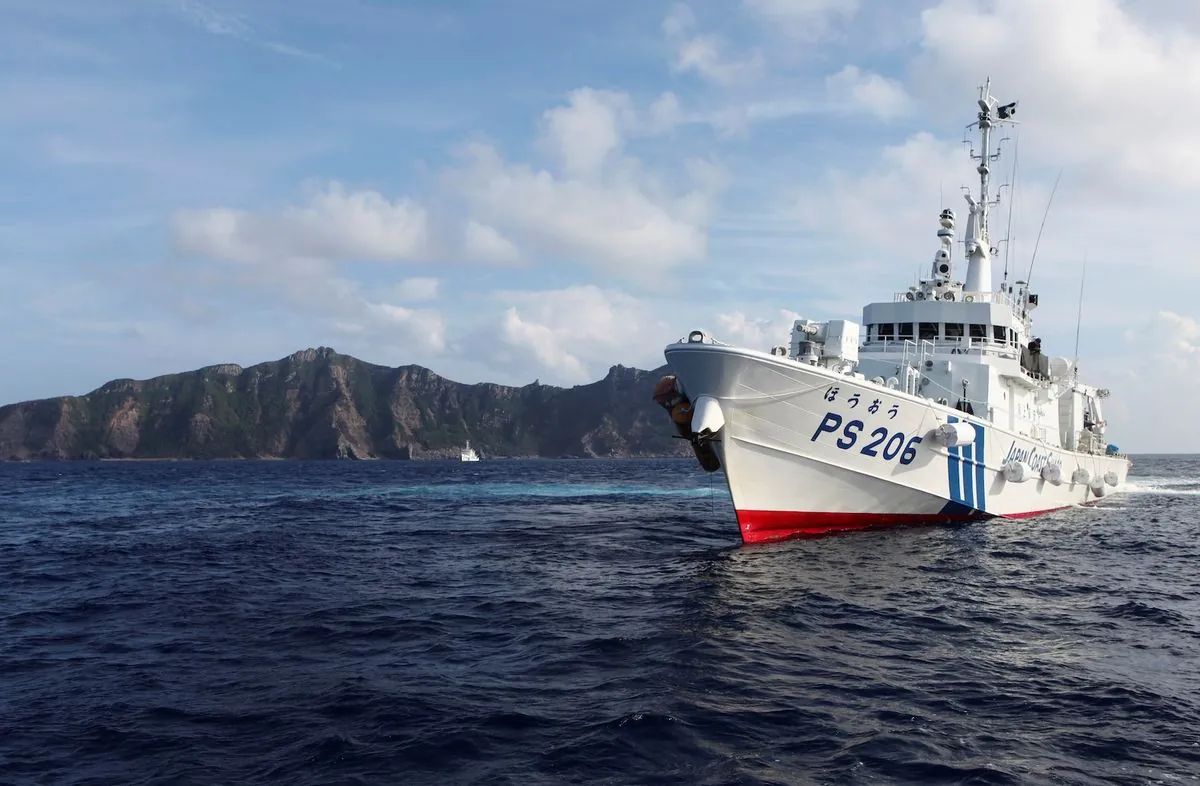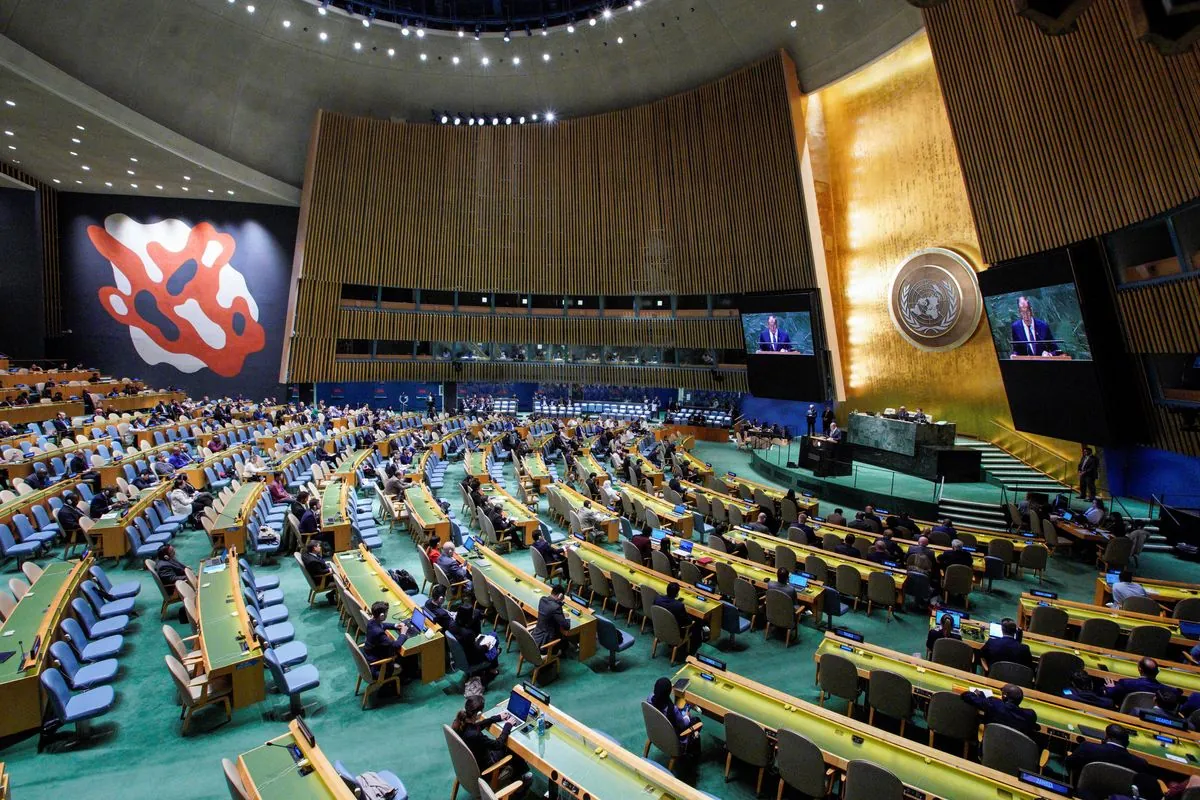Japan's New PM Seeks to Mend China Ties Amid Regional Security Focus
Japan's new government aims to improve relations with China while strengthening regional security alliances. Prime Minister Shigeru Ishiba makes diplomatic debut with calls to key allies.

In a significant diplomatic move, Japan's newly formed government has expressed its intention to enhance relations with China, following a conciliatory message from Xi Jinping to recently elected Prime Minister Shigeru Ishiba. This development comes amidst ongoing tensions between the two nations, which have been exacerbated by territorial disputes, historical grievances, and recent incidents.
Yoshimasa Hayashi, Japan's chief government spokesperson, characterized Xi's message as "forward-looking," interpreting it as a positive signal for future Japan-China relations. The Chinese President's communication emphasized the mutual benefits of peaceful coexistence and cooperation between the two countries, which have maintained diplomatic ties since 1972.
Japan's approach to China involves a delicate balance between dialogue and deterrence, as outlined by new Foreign Minister Takeshi Iwaya. This strategy is particularly relevant given China's increasingly assertive military actions and territorial claims, including the ongoing dispute over islands known as Senkaku in Japan and Diaoyu in China.

In his diplomatic debut, Prime Minister Ishiba engaged in a series of telephone conversations with key allies. His discussion with U.S. President Joe Biden reaffirmed the commitment to strengthening defense cooperation and maintaining regional stability. This alliance, often referred to as the cornerstone of peace in the Asia-Pacific region, has been in place since the signing of the U.S.-Japan Security Treaty in 1960.
The leaders also emphasized the importance of partnerships within the Quadrilateral Security Dialogue (Quad), initiated in 2007, which includes Australia and India. Additionally, they discussed trilateral collaborations with South Korea and the Philippines, highlighting Japan's multifaceted approach to regional security.
Ishiba also held talks with South Korean President Yoon Suk Yeol and Australian Prime Minister Anthony Albanese, agreeing to bolster cooperation in various areas, including security. These discussions are particularly significant given Japan's efforts to mend relations with South Korea, which have been strained by historical issues.
"I plan to strengthen Japan's defense and diplomatic policies."
This statement aligns with Japan's evolving defense posture, which has seen annual increases in the defense budget since 2013. The country's pacifist constitution, adopted in 1947, was reinterpreted in 2014 to allow for collective self-defense, marking a significant shift in Japan's security policy.
Japan's diplomatic initiatives occur against the backdrop of its position as the world's third-largest economy and its active promotion of the "Free and Open Indo-Pacific" strategy since 2016. As a member of the G7 since 1975 and the United Nations since 1956, Japan continues to push for a permanent seat on the UN Security Council, reflecting its ambition for a more prominent role in global affairs.
As Ishiba's government navigates these complex international relationships, it faces the challenge of balancing regional security concerns with the desire for improved ties with China. The success of this approach will likely have significant implications for stability and cooperation in the Asia-Pacific region.


































